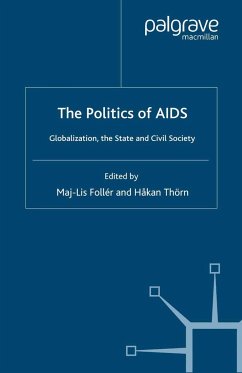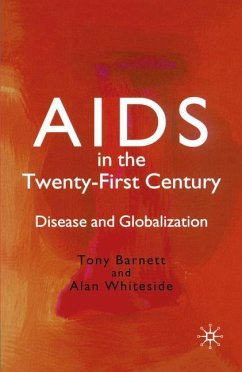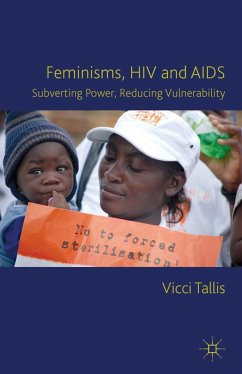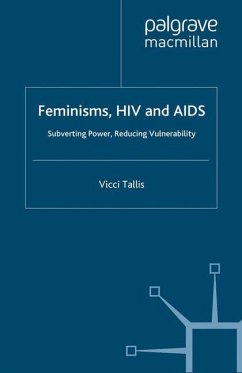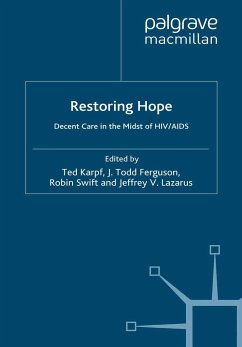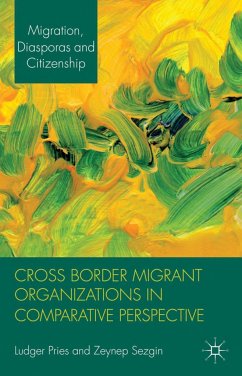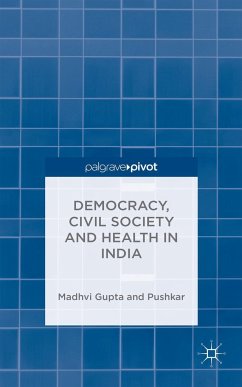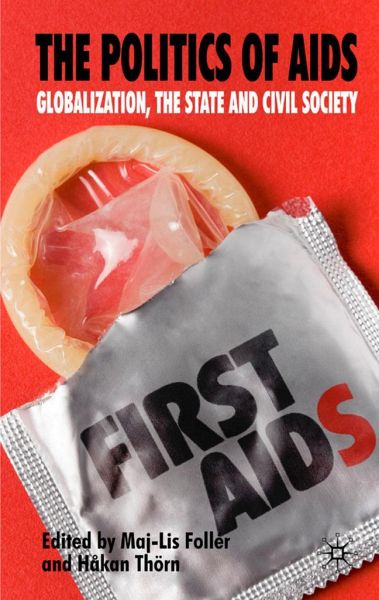
The Politics of AIDS
Globalization, the State and Civil Society
Herausgegeben: Follér, Maj-Lis; Thörn, Håkan
Versandkostenfrei!
Versandfertig in 6-10 Tagen
76,99 €
inkl. MwSt.
Weitere Ausgaben:

PAYBACK Punkte
38 °P sammeln!
HIV/AIDS is one of the major political challenges of our time. For more than two decades, various initiatives have been taken to respond to the disease, not just by governments, but also by research communities, transnational corporations and in the context of civil society. Based on empirical observations from different parts of the world, this book addresses the fact that HIV/AIDS has become increasingly transnational, as nation states extend their programs across broders.
HIV/AIDS is the major political challenge of our time. Based on empirical observations from all over the world, this book examines how HIV/AIDS has become increasingly transnational, as nation states have extended their programmes across borders, and transnational networks have increased their activities.





